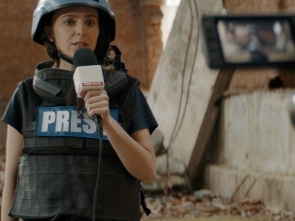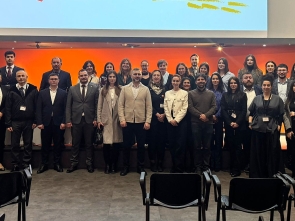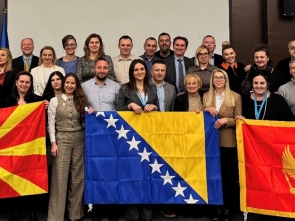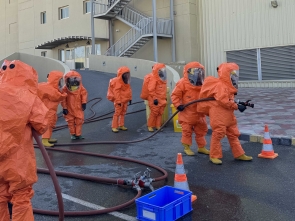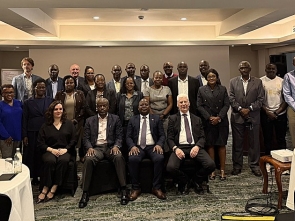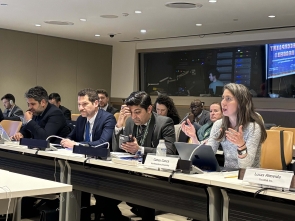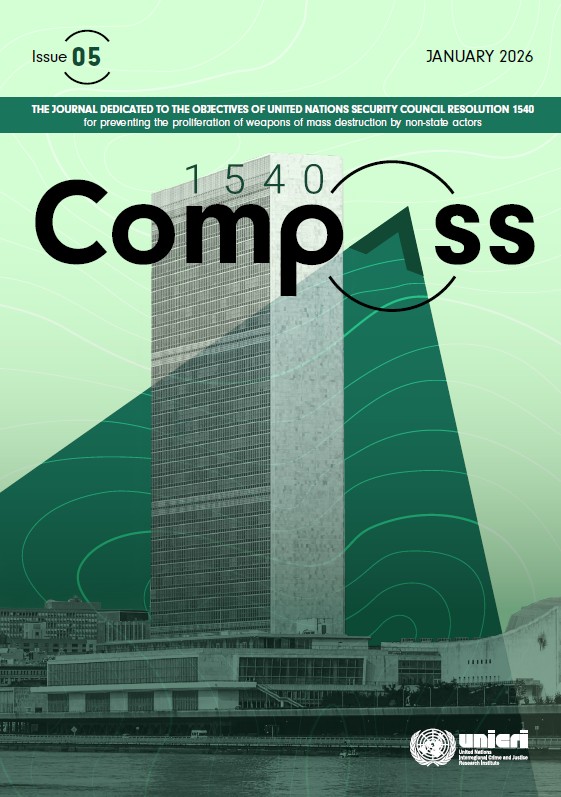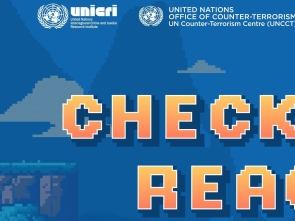Strengthening Environmental Crime Journalism: Insights and Recommendations from a Global Training - Feb. 2026
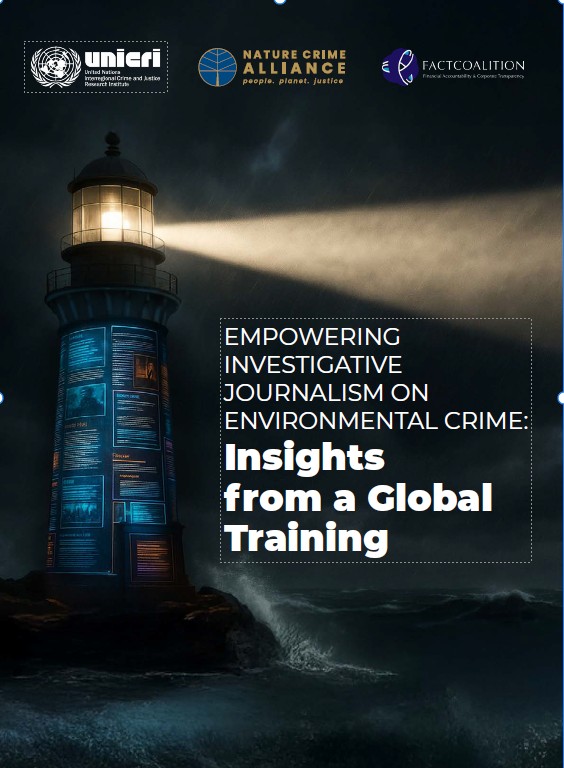
This briefing paper by UNICRI, the Nature Crime Alliance and the Financial Accountability and Corporate Transparency (FACT) Coalition sheds light on the key challenges facing investigative journalists reporting on environmental crime worldwide — and outlines practical recommendations to strengthen the field.
